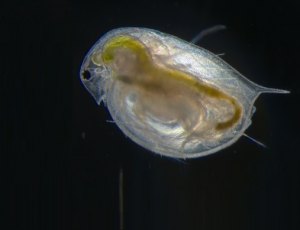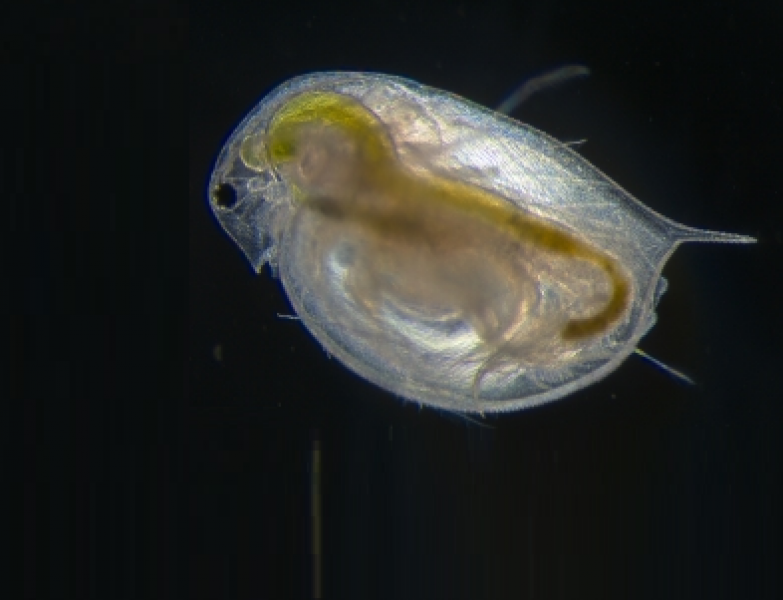Marcin Krzysztof Dziuba, Lechosław Kuczyński, Łukasz Wejnerowski, Sławomir Cerbin, Justyna Wolińska. 2021. Countergradient variation concealed adaptive responses to temperature increase in Daphnia from heated lakes. Limnology and Oceanography, 66(4): 1268-1280. https://doi.org/10.1002/lno.11680
It is hypothesized that climate warming causes a reduction of body size in aquatic invertebrates. To test this hypothesis, five lakes were included in the colling energetic blocks of power plant Pątnów-Adamów-Konin. Water temperature in examined lakes is elevated at 3-4 °C, corresponding with climate change forecasts for the end of the 21st century. Daphnia species from the Daphnia longispina complex were model organisms because they inhabited both thermally polluted and unpolluted lakes. The results did not reveal differences in the body size and reproduction of daphnids from heated lakes and control, thermally unpolluted lakes. However, animals from heated lakes exhibited wider thermal tolerance than control lakes. The consequence of long-term exposure of daphnids to elevated temperature was the evolution to larger body sizes, which can be advantageous in the case of mild winters when these invertebrates overwinter actively.
The presented research were financed by a grant from NCN (project no. 2015/17/N/NZ8/01570) and a diamond grant from MSHE (project no. DI2012014242) to dr Marcin Krzysztof Dziuba who is actually working at the University of Michigan. Among team members, there were also scientists from several research units: prof. UAM dr hab. Lechosław Kuczyński (Population Ecology Lab, Faculty of Biology, UAM), prof. UAM dr. hab. Sławomir Cerbin and dr Łukasz Wejnerowski (Department of Hydrobiology, Faculty of Biology, UAM), and prof. dr. Justyna Wolińska (Freie Universität Berlin; Leibniz Institute of Freshwater Ecology and Inland Fisheries, Berlin).


